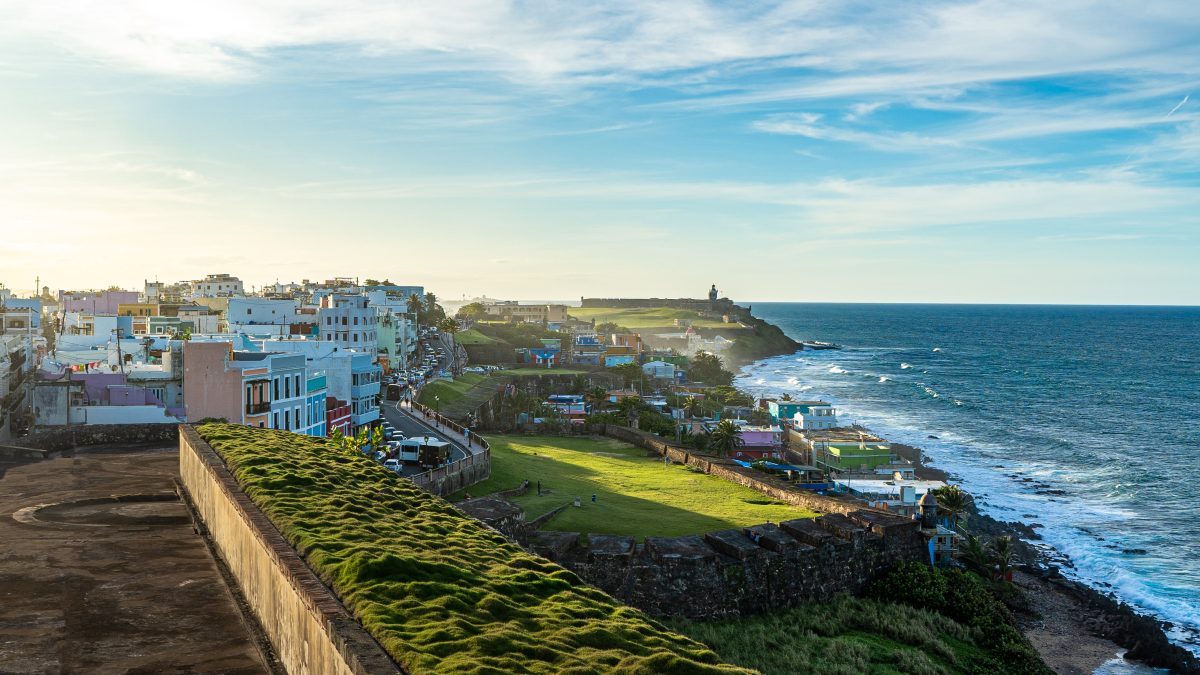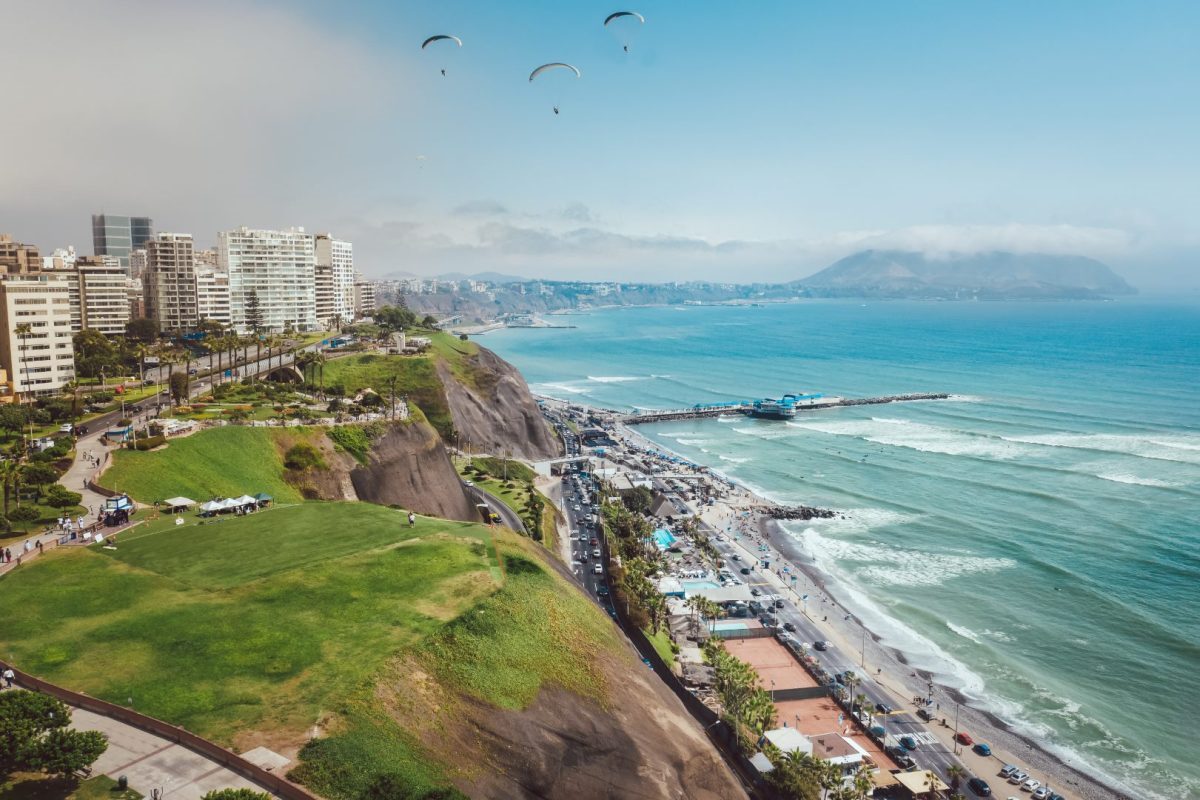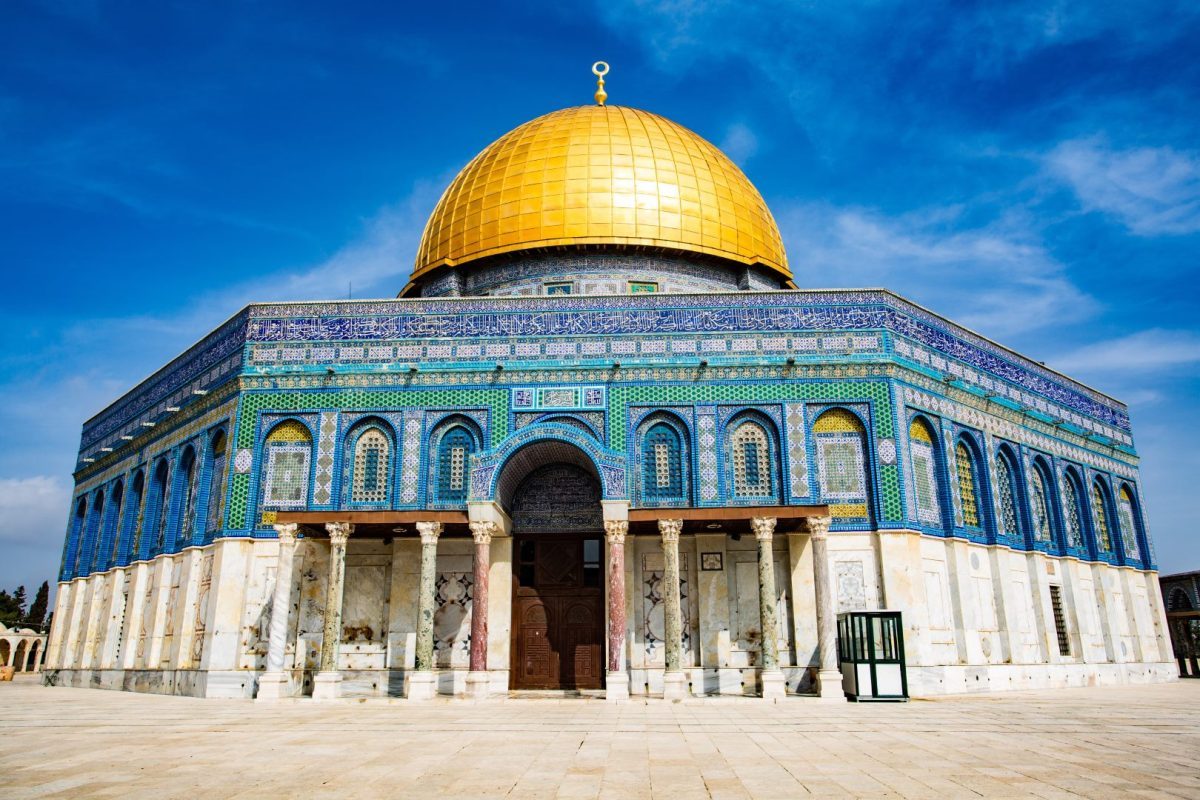Ultimate Guide to 3-Day Private Silk Road Tour of Dunhuang Including Mogao Grottoes and Yulin Grottoes
Are you looking for an immersive and engaging experience on the Silk Road? Look no further than this private 3-day tour of Dunhuang, including visits to the Mogao Grottoes and Yulin Grottoes. You’ll be picked up each day from your hotel and travel comfortably in a private air-conditioned minivan or coach. Your local guide will provide personalized attention throughout the tour, making sure you get the most out of your limited time in Dunhuang. And, to make your experience even more enjoyable, daily lunch and all entrance fees are included in the price.Day 1: 2 Passes & the Great Wall from the Han Dynasty
Your first day begins with a visit to the 2 Passes and the Great Wall from the Han Dynasty. You’ll learn about the historical significance of these sites and marvel at their ancient architecture. Your guide will provide insights into the culture and customs of the Silk Road, giving you a deeper understanding of the region’s rich history.Day 2: Mogao Caves & Mingsha Moutain
On day two, you’ll visit the Mogao Caves and Mingsha Mountain. The Mogao Caves are one of the most important Buddhist sites in China and contain thousands of extraordinary statues and murals. Mingsha Mountain is famous for its singing sand dunes, which create a unique sound when you slide down them. Don’t forget to bring your camera as these sites provide great photo opportunities.Day 3: Yulin Grottoes
The third day of your tour takes you to the Yulin Grottoes, another impressive site on the Silk Road. You’ll see a vast collection of Buddhist statues carved into the rock face of the cliffs. The site is less crowded than the Mogao Grottoes, giving you a more peaceful experience.How to Book the Tour
Ready to book your private Silk Road tour of Dunhuang, including the Mogao Grottoes and Yulin Grottoes? You can easily book your tour online through Viator. Choose your preferred travel dates and make your payment online. A confirmation email will be sent to you shortly after. Don’t miss out on this once-in-a-lifetime opportunity to explore the Silk Road with a knowledgeable local guide. Book your tour today and start planning your unforgettable adventure in Dunhuang.What’s Included
- Local guide
- Transport by air-conditioned minivan / coach
- Hotel pickup and drop-off
- Complimentary lunch each day
- Included admission to all attractions
Important Information
- Pickup time: 8:30 AM
- Alcoholic drinks are available for purchase
Book Your Tour Now
If you’re looking for a private guided tour that provides an extensive and immersive experience of the Silk Road, look no further than this 3-day tour of Dunhuang. With visits to sites like the Mogao Grottoes and Yulin Grottoes, you’ll leave with a deeper understanding of the Silk Road’s importance and cultural significance. Book your tour today to create memories that will last a lifetime. Book the tour here
Frequently Asked Questions About Dunhuang
Dunhuang is an ancient city located on the edge of the Gobi Desert in northwest China. The city has a rich history and is home to many famous cultural and architectural landmarks. Below are some of the most commonly asked questions about Dunhuang.1. What is Dunhuang known for?
Dunhuang is known for the Mogao Caves, also known as the Thousand Buddha Grottoes. The caves are a UNESCO World Heritage Site and contain more than 2,000 murals and 732 statues depicting Buddhist art spanning 1,000 years of Chinese history.2. How do I get to Dunhuang?
Dunhuang is easily accessible by air, train, or bus. You can take a flight to Dunhuang Airport from major cities, including Beijing, Shanghai, and Xian. Alternatively, you can take a train or bus from Lanzhou, the capital of Gansu province.3. When is the best time of year to visit Dunhuang?
The best time to visit Dunhuang is from April to October. During this time, the weather is warm, and there is little to no rain. The temperature can reach over 30°C in summer, so make sure to bring sunscreen and plenty of water.4. What should I wear when visiting Dunhuang?
It’s best to dress in light, breathable clothing when visiting Dunhuang, as the weather can be hot and dry. During the summer months, it’s important to wear sunscreen and a hat to protect yourself from the sun. Comfortable walking shoes are also a must, as there is a lot of walking involved when exploring the Mogao Caves and other landmarks in Dunhuang.5. What are some other famous landmarks in Dunhuang?
In addition to the Mogao Caves, Dunhuang is home to many other famous landmarks, including:- The Mingsha Sand Dunes – a popular tourist attraction where visitors can ride camels and take part in sandboarding
- The Dunhuang Museum – an educational museum showcasing the history and culture of Dunhuang
- The Yumenguan Pass – an ancient military pass located in the western part of Dunhuang
- The Yangguan Pass – another ancient military pass located in the southwestern part of Dunhuang
6. What is the food like in Dunhuang?
The cuisine in Dunhuang is a blend of Chinese and Muslim flavors. Some of the most popular dishes include:- Lanzhou beef noodles – a popular dish consisting of beef and hand-pulled noodles
- Yangrou paomo – a lamb soup with hand-torn wheat bread
- Nang – a type of flatbread commonly eaten in Xinjiang province
- Chuanr – skewers of lamb or beef grilled over an open flame and served with spices
7. Is it safe to travel to Dunhuang?
Yes, it is safe to travel to Dunhuang. The city is known for its friendly locals and low crime rate. However, it’s always a good idea to take precautions such as keeping your valuables safe and being aware of your surroundings when traveling in an unfamiliar location.8. What currency is used in Dunhuang?
The currency used in Dunhuang is the Chinese yuan (CNY). Major credit cards are accepted at most hotels and tourist attractions, but it’s always a good idea to have some cash on hand.9. What language do they speak in Dunhuang?
The official language of China is Mandarin, which is widely spoken in Dunhuang. However, there are also many locals who speak the Uyghur and Tibetan languages.10. Are there any customs or traditions I should be aware of when visiting Dunhuang?
When visiting Dunhuang, it’s important to be respectful of the local customs and traditions. Chinese culture places a strong emphasis on etiquette, so make sure to greet people with a smile, avoid loud and boisterous behavior, and dress modestly when visiting religious sites. It’s also important to act responsibly when visiting natural landmarks, such as the Mingsha Sand Dunes, and to avoid littering or damaging the environment.
How to Spend Your Time as a Tourist in Dunhuang
Dunhuang is a city located in the northwest of China, in the Gansu Province. The city is famous for its rich history, beautiful landscapes, and numerous tourist attractions. If you’re planning to visit Dunhuang soon, you’re in for a treat. In this guide, we’ll show you how to make the most of your time in this charming city.1. Visit Mogao Caves
Mogao Caves, also known as the Thousand Buddha Grottoes, is one of the most popular tourist attractions in Dunhuang. The caves are home to thousands of Buddha statues and frescoes, and they provide a glimpse into the rich history and culture of the region. The caves were created over a period of ten centuries, from the 4th century to the 14th century. You can spend hours exploring the caves and admiring the intricate artwork on display.2. Explore the Mingsha Shan and Crescent Lake
Mingsha Shan, also known as the Singing Sand Dunes, is a massive sand dune in the outskirts of Dunhuang. The dune is famous for the peculiar sound it produces when the wind blows. Next to the dunes, you’ll find another popular attraction, the Crescent Lake. The lake is a beautiful oasis in the middle of the desert, and it’s a perfect spot to relax and take in the stunning scenery. You can also take a camel ride or rent a sandboard to slide down the dune.3. Visit the Dunhuang Museum
The Dunhuang Museum is an excellent place to learn more about the history and culture of the region. The museum has a vast collection of artifacts, including ancient manuscripts, pottery, and stone sculptures. The highlights of the museum are the replicas of the Mogao Caves, which provide a glimpse into what the caves looked like in their prime.4. Take a Tour of the Yulin Caves
The Yulin Caves are another set of Buddhist grottoes located a few kilometers from Dunhuang. The caves are not as famous as the Mogao Caves, but they are equally impressive. The caves date back to the Tang dynasty and contain hundreds of Buddhist statues and frescoes. Taking a guided tour of the caves is highly recommended, as it will give you a better understanding of the history and significance of the site.5. Walk Along the Ancient City Wall
The Dunhuang Ancient City Wall is a well-preserved defensive structure that dates back to the Ming dynasty. The wall has a circumference of nearly 9 kilometers and is an excellent spot for a leisurely stroll. You’ll get a great view of the city from the top of the wall, and you’ll also be able to see some of the other historical buildings in the area.6. Visit the Western Thousand Buddha Caves
The Western Thousand Buddha Caves are a set of grottoes located on the western side of Mingsha Shan. The caves were created during the Northern Wei dynasty and contain some of the earliest examples of Buddhist art in China. The caves are relatively small compared to the Mogao Caves, but they are no less impressive.7. Try Dunhuang Specialty Foods
Dunhuang has a unique culinary tradition that has been influenced by the local geography and climate. Some of the local specialties include roasted lamb, hand-pulled noodles, and crispy rice cakes. You can find these dishes in many of the local restaurants and food stalls throughout the city.Book Your Tour Now
In conclusion, Dunhuang is a city with a rich history and diverse culture that offers something for everyone. Whether you’re interested in ancient history, outdoor adventure, or local cuisine, Dunhuang has it all. By following the tips in this guide, you’re sure to have a memorable and enjoyable time in this charming city. Remember to bring your camera, as there are plenty of photo opportunities around every corner.Table of Contents

